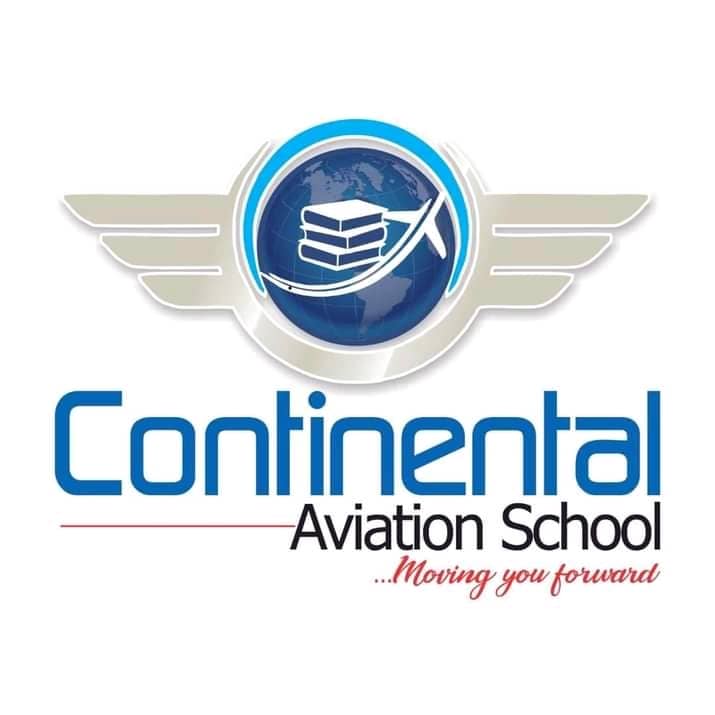Entering the aviation industry is an exciting and rewarding journey. Whether you aspire to become a pilot, aircraft engineer, air traffic controller, or work in any other aviation-related role, transitioning from student to professional requires careful planning, dedication, and a proactive approach. This article aims to guide you through the process, providing valuable insights and tips to help you navigate your transition successfully.
The aviation industry offers various career opportunities requiring specific skills and qualifications. Transitioning from a student to a professional in the aviation industry involves steps crucial for a successful career launch. By following a well-planned approach and focusing on continuous learning and development, you can position yourself for a rewarding and fulfilling career in aviation.
Choosing a Career Path in Aviation
The first step in transitioning into the aviation industry is determining your desired career path. Research and explore different roles within the sector, considering factors such as your interests, skills, and long-term goals. Whether you aspire to be a pilot, aviation engineer, air traffic controller, or work in aviation management, identifying your career path will help you plan your education and training accordingly.
Education and Training
Aviation careers often require specific education and training. Research reputable aviation schools, universities, or training institutions that offer programs aligned with your chosen career path. Consider factors such as curriculum quality, industry recognition, and access to practical training resources.
Obtaining relevant certifications or licenses may also be necessary. For example, pilots need to get a private pilot license (PPL) or an airline transport pilot license (ATPL), depending on their career goals. Stay informed about the specific requirements and ensure your education and training align with them.
Gaining Practical Experience
While academic knowledge is essential, gaining practical experience is equally vital in the aviation industry. Seek opportunities to apply your skills and knowledge through internships, apprenticeships, or volunteering. Practical experience enhances your understanding of the industry and allows you to develop critical skills and build a professional network.
Consider opportunities to gain experience in various areas of the aviation industry, as this can provide a broader perspective and help you discover your strengths and interests. Seek mentorship from professionals in your chosen field to gain valuable insights and guidance.
Building Professional Networks
Networking plays a vital role in the aviation industry. Attend industry events, conferences, and seminars to meet professionals and potential mentors. Join online and offline aviation-related associations to connect with like-minded individuals and stay updated on industry trends and opportunities.
Use online platforms like LinkedIn to build a professional profile and connect with industry professionals. Engage in conversations, participate in industry forums, and contribute to relevant discussions. Building a solid professional network can open doors to job opportunities and provide valuable support throughout your career.
Developing Soft Skills
In addition to technical knowledge, developing soft skills is crucial for a successful transition into the aviation industry. Effective communication, teamwork, problem-solving, adaptability, and leadership are examples of essential soft skills that employers value. Seek opportunities to develop these skills through group projects, extracurricular activities, or workshops.
Aviation professionals often work in high-pressure environments, requiring strong decision-making and critical-thinking skills. Develop your ability to handle stress and make sound judgments in dynamic situations. Building a well-rounded skill set will make you a valuable asset in the industry.
Preparing for Job Applications and Interviews
As you approach the end of your education or training, preparing for job applications and interviews is essential. Tailor your resume and cover letter to highlight relevant skills, experiences, and achievements. Research potential employers, understand their values and requirements, and align your application accordingly.
Prepare for interviews by practicing common questions and researching the company’s background and industry trends. Demonstrate your passion for aviation and commitment to continuous learning and professional growth. Showcase your practical experience, soft skills, and ability to work in a team-oriented environment.
Continuing Education and Career Advancement
The aviation industry is dynamic, with evolving technologies and regulations. To stay competitive and advance in your career:
- Embrace a lifelong learning mindset.
- Seek opportunities for continuing education, whether through specialized courses, certifications, or advanced degrees.
- Stay informed about industry developments, trends, and advancements through professional publications and networking.
Consider setting career goals and creating a development plan to guide your progression. Seek mentorship from experienced professionals and take advantage of opportunities for professional growth within your organization or through industry associations.
Conclusion
Transitioning from being a student to a professional in the aviation industry is an exciting and challenging endeavor.
By carefully planning your career path, obtaining the necessary education and training, gaining practical experience, building professional networks, developing soft skills, and preparing for job applications and interviews, you can set yourself up for a successful career launch.
Embrace continuous learning and stay adaptable to thrive in this dynamic industry. Begin here at Continental Aviation School.
FAQs
1. Are internships necessary for transitioning into the aviation industry?
While not mandatory, internships provide valuable practical experience and industry exposure, making them highly beneficial for transitioning into the aviation industry. Internships allow you to apply knowledge, develop essential skills, and build professional networks.
2. How important is networking in the aviation industry? Networking is crucial in the aviation industry as it helps you build connections, learn from experienced professionals, and discover job opportunities. Building a solid professional network can significantly enhance your career prospects.
3. Can I switch careers within the aviation industry after transitioning into one role?
Yes, the aviation industry offers various opportunities for career advancement and diversification. With the right skills, qualifications, and dedication, you can explore different roles within the industry and make a career switch.
4. How can I stay updated with the latest developments in the aviation industry?
To stay updated, follow industry publications, join professional associations, attend conferences and seminars, and engage in online aviation communities. Networking with industry professionals and participating in continuous education programs can keep you abreast of the latest developments.
5. Is it necessary to pursue advanced degrees for career advancement in the aviation industry?
While advanced degrees can provide additional knowledge and open doors to specific career paths, they are optional for career advancement in the aviation industry. Practical experience, industry certifications, and continuous learning can contribute to professional growth.

